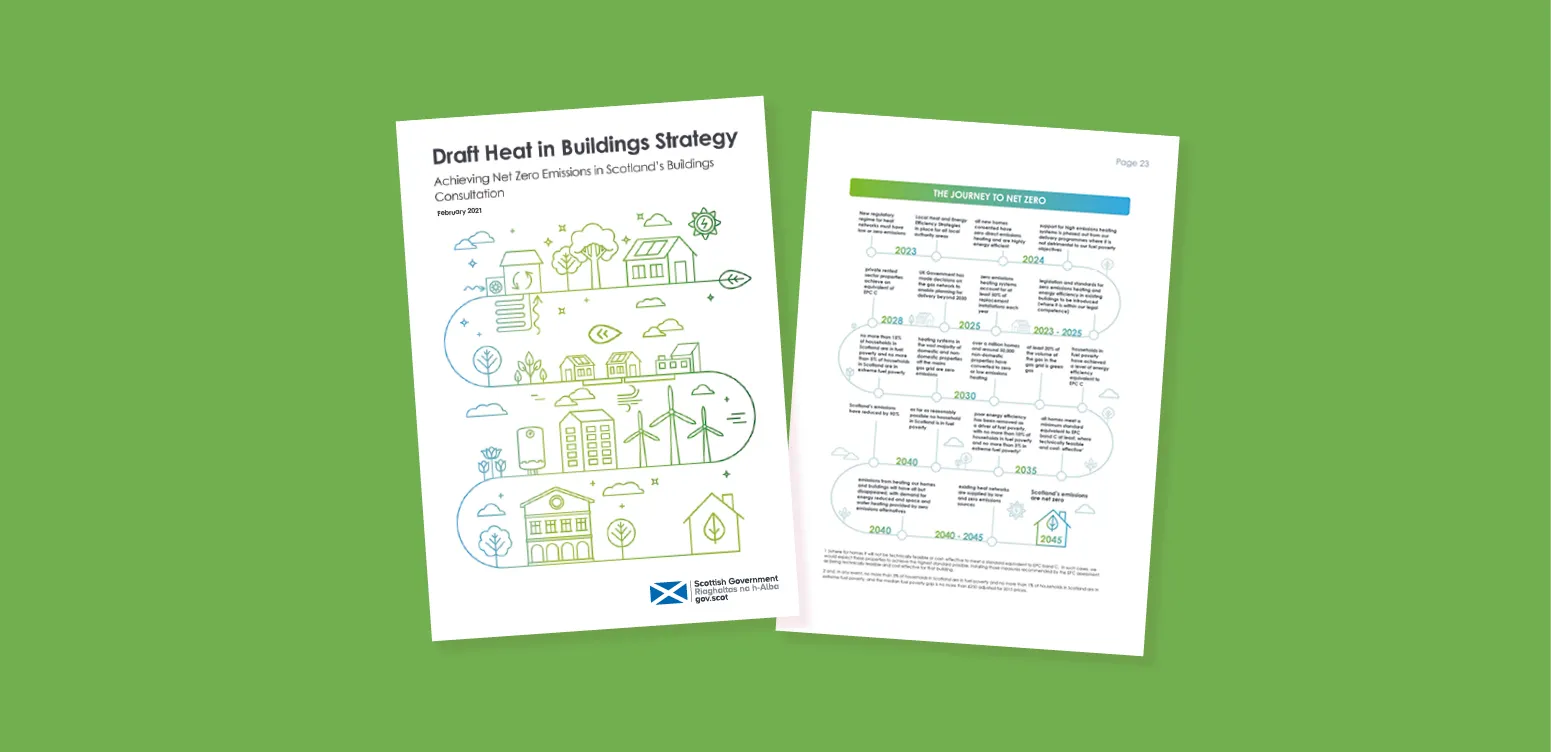SFHA responds to draft Heat in Buildings Strategy Consultation
Member input informed SFHA's response.
Member input informed SFHA's response.

The Scottish Federation of Housing Associations (SFHA) has responded to the Scottish Government’s consultation on its Draft Heat in Buildings Strategy by saying that while it welcomes the steps being taken to address climate change and fuel poverty, the strategy lacks both technical and funding detail.
SFHA’s response was informed by recent input from members, including the federation’s forthcoming research with Changeworks on EESSH2, its report on development costs, member survey results, and previous roundtable discussions. SFHA found that its members remain concerned about delivering a just transition to net zero and further funding is required in order to make sure that tenants do not bear the brunt of additional measures.
SFHA said that social housing sector will play a key role in the design and delivery of the policies outlined in the strategy. The federation added that the creation of the Zero Emissions Social Housing Taskforce (ZEST), which brings together key strategic organisations and practitioners with experience of delivering decarbonisation projects in the social sector to drive progress towards the aim of zero emissions housing and is co-chaired by SFHA’s CEO Sally Thomas, is an important first step in this process. SFHA expects ZEST to provide further recommendations which will feed into the final strategy.
SFHA’s response has highlighted the following key points for the social sector:
SFHA Chief Executive Sally Thomas said: “We welcome the steps the Scottish Government is taking to address climate change and fuel poverty, however, it is clear from our members that they have concerns that must be addressed. The strategy is lacking both technical and funding detail and both are vital in order to provide certainty for social landlords and to assist long-term planning.
“Climate change policies and targets must be aligned with the forthcoming Fuel Poverty Strategy, and if we are to ensure a just transition and protect those on the lowest incomes from bearing the costs of future measures, social landlords need additional grant funding to deliver the required improvements and support tenants in the process.
“It’s vital that the social housing sector plays a key role in the design and delivery of the policies outlined in the strategy, so I look forward to representing members’ views as part of the Zero Emissions Social Housing Taskforce and to working with stakeholders and the next Scottish Government in order to help meet Scotland’s climate change targets and end fuel poverty.”
SFHA’s full submission also contains more detailed responses to the consultation questions and can be accessed here: